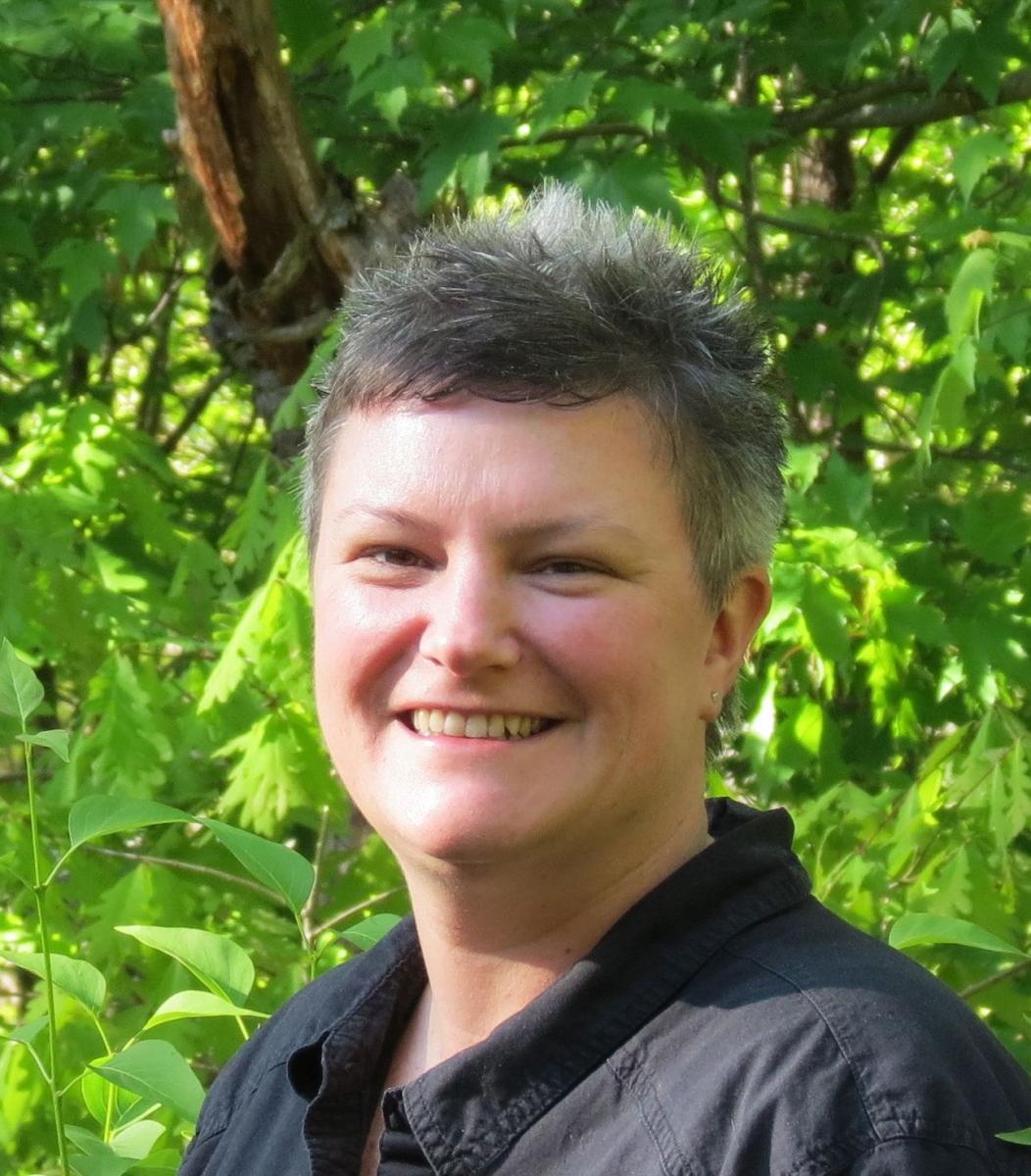 By Dr. Anne Waple, Director of Communication and Science at Second Nature
By Dr. Anne Waple, Director of Communication and Science at Second Nature
If you're among the 200 million Americans who have been experiencing our recent, let's just say, chilly conditions, then you might be wondering if global warming has suddenly come to a screeching halt. Well, it turns out that far from being an indicator of a slow-down in global climate change, it's one more piece of evidence for increasing climate instability as a result of human-induced warming.
Linked to a decrease in sea ice extent and increased warming in the Arctic, the recent intrusion of very cold air into the continental U.S. is a result of the polar vortex weakening and allowing Arctic air to flow south. The polar vortex is the circulation pattern that typically fences cold air into the Arctic. Below are several excellent descriptions of this phenomenon and its link to a warming planet.

While this recent event is not record-breaking for most of us and will be thankfully short-lived, it has caused significant impacts across much of the country, closing schools and businesses, shutting down transportation, interrupting power for some residents, and prompting emergency declarations in several cities and communities.
A Few Explanations from Weather and Climate Experts:
Andrew Freedman at Climate Central
Read more
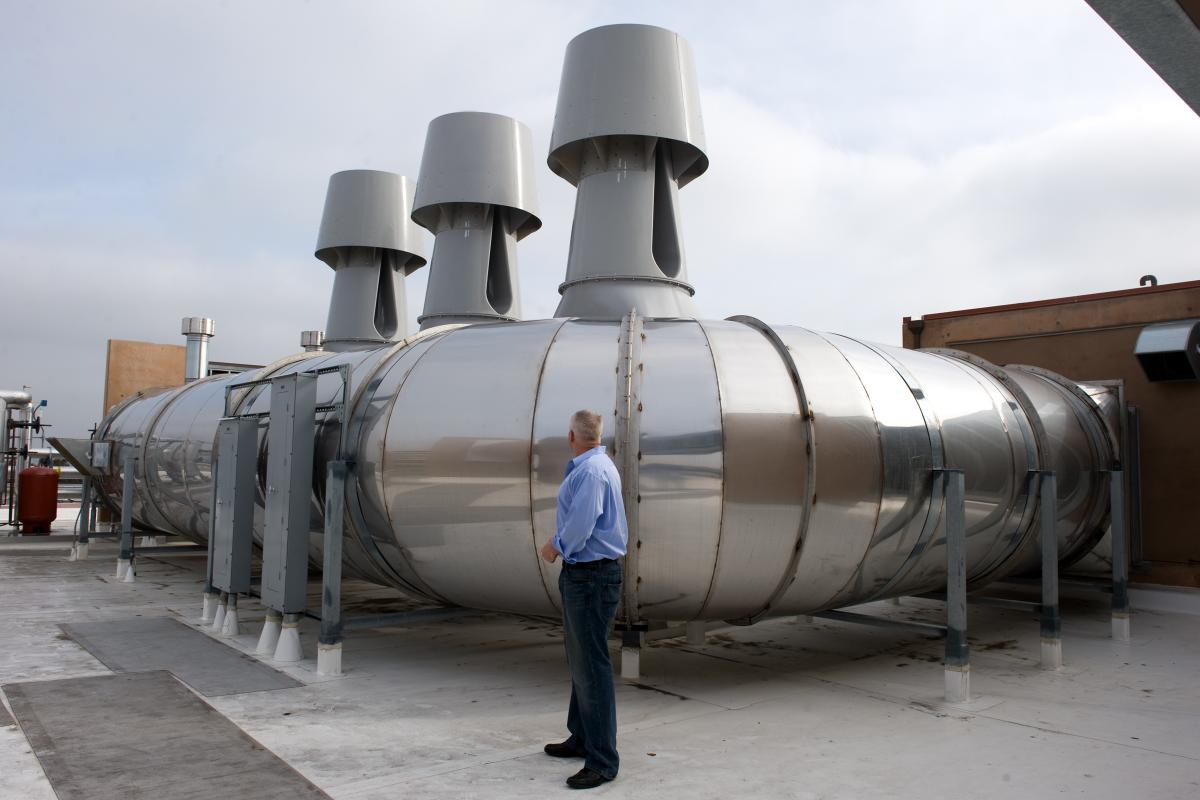 ACUPCC Signatory, University of California Irvine, has earned California’s highest environmental honor, the Governor’s Environmental & Economic Leadership Award for its Smart Labs program. UC Irvine is committed to Governor Brown's plan to reduce California's carbon footprint and to the University of California's commitment to reach carbon neutrality by 2025, as recently announced by UC's new President, Janet Napolitano. Through UC Irvine’s “deep energy efficiency” program (their term for energy efficiency retrofit projects with associated significant energy savings) they are determined to demonstrate that efficiency can provide a major fraction of needed carbon abatement -- feasibly, quickly, and cost-effectively. The Irvine campus is now
ACUPCC Signatory, University of California Irvine, has earned California’s highest environmental honor, the Governor’s Environmental & Economic Leadership Award for its Smart Labs program. UC Irvine is committed to Governor Brown's plan to reduce California's carbon footprint and to the University of California's commitment to reach carbon neutrality by 2025, as recently announced by UC's new President, Janet Napolitano. Through UC Irvine’s “deep energy efficiency” program (their term for energy efficiency retrofit projects with associated significant energy savings) they are determined to demonstrate that efficiency can provide a major fraction of needed carbon abatement -- feasibly, quickly, and cost-effectively. The Irvine campus is now  approaching a 50 percent overall reduction in energy intensity achieved through a comprehensive program of deep energy efficiency, as a result of their “Smart Labs” program. Only a few years ago, no one believed that efficiency improvements and retrofits would yield a major percentage of needed carbon abatement, because the efficiency gains of new technologies - particularly sensors, digital controls, and software – were underestimated. All of those are key elements in UCI's comprehensive “Smart Labs” retrofit program.
approaching a 50 percent overall reduction in energy intensity achieved through a comprehensive program of deep energy efficiency, as a result of their “Smart Labs” program. Only a few years ago, no one believed that efficiency improvements and retrofits would yield a major percentage of needed carbon abatement, because the efficiency gains of new technologies - particularly sensors, digital controls, and software – were underestimated. All of those are key elements in UCI's comprehensive “Smart Labs” retrofit program. 
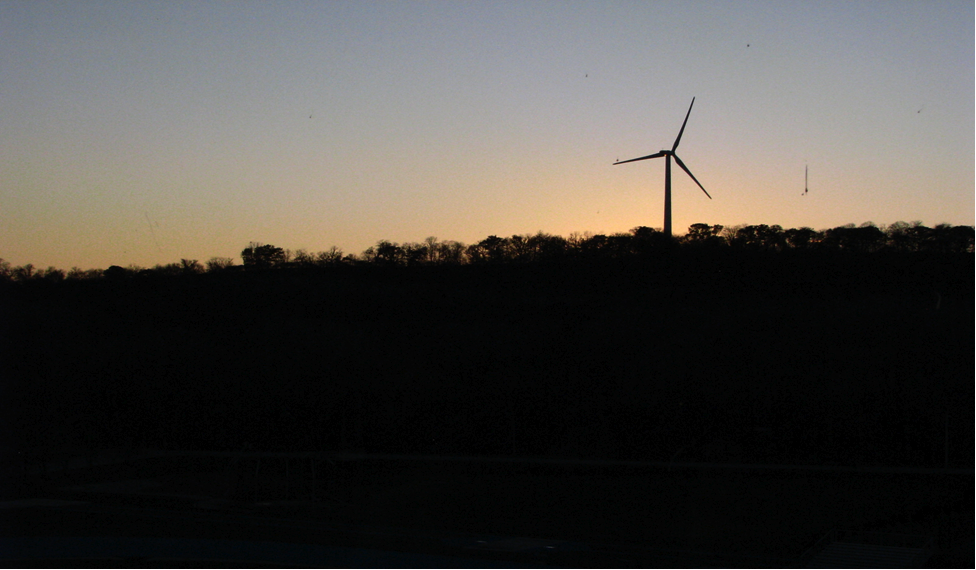
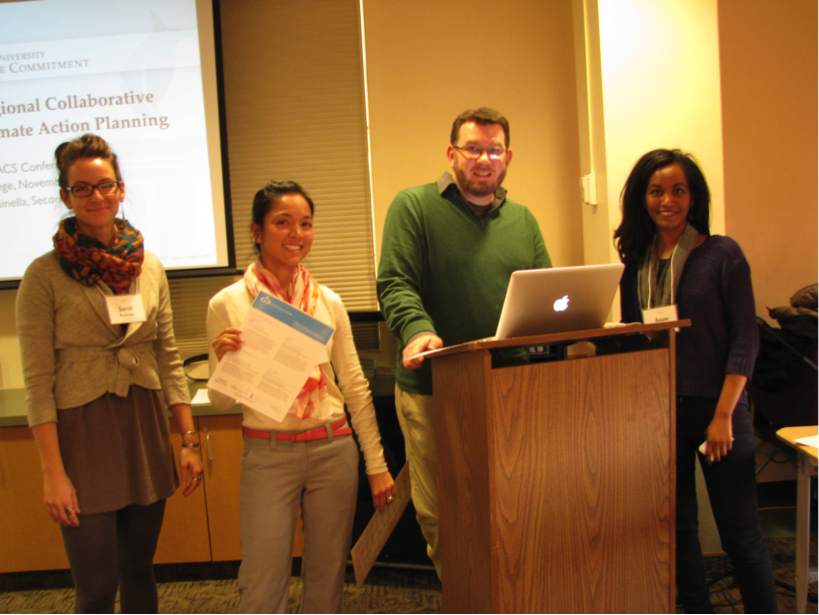
 announced her intent to bring the University to net energy neutrality by 2025. This bold plan builds on the reduction in carbon emissions that all campuses of the UC system have made as signatories to the American College & University Presidents’ Climate Commitment (ACUPCC) and demonstrates the true transformation that can result from higher education leadership. At Second Nature, we are looking forward to continuing to work with the campuses of the University and President Napolitano’s chancellors and staff as they implement this inspiring initiative. The full text of President Napolitano’s remarks can be found here:
announced her intent to bring the University to net energy neutrality by 2025. This bold plan builds on the reduction in carbon emissions that all campuses of the UC system have made as signatories to the American College & University Presidents’ Climate Commitment (ACUPCC) and demonstrates the true transformation that can result from higher education leadership. At Second Nature, we are looking forward to continuing to work with the campuses of the University and President Napolitano’s chancellors and staff as they implement this inspiring initiative. The full text of President Napolitano’s remarks can be found here:  by
by 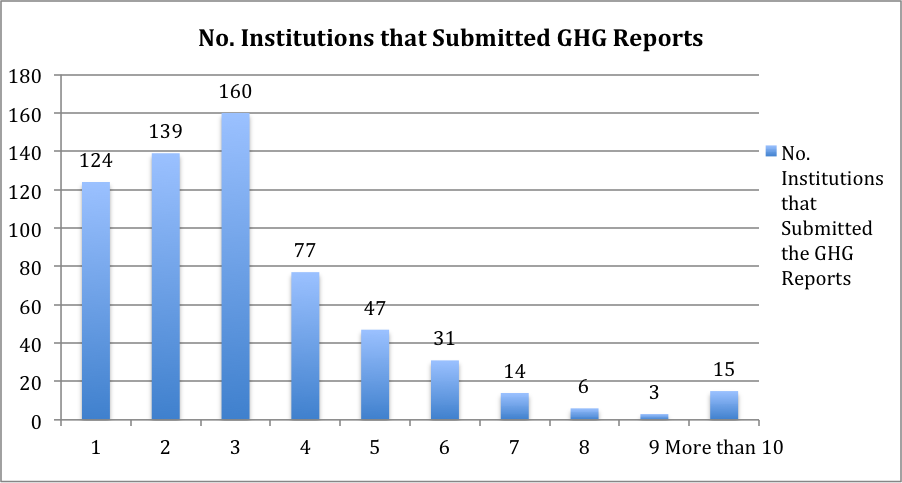
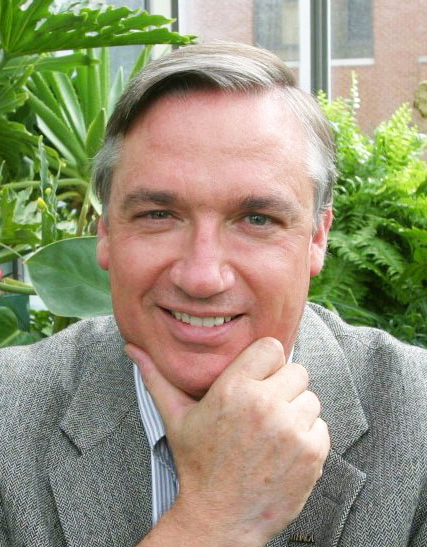
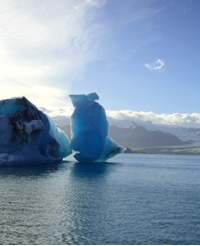
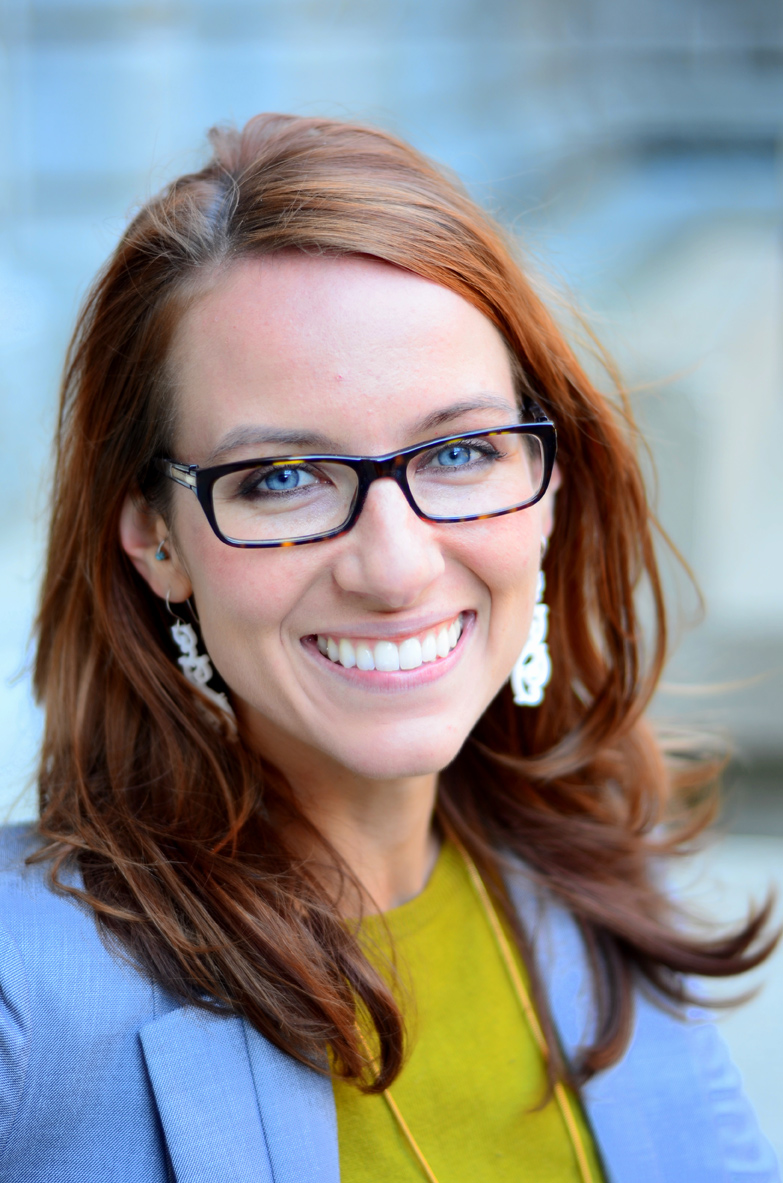 By
By 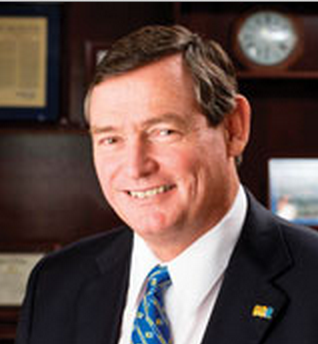 by Timonthy White, Chancellor, California State University System and Chair of the ACUPCC Steering Committee
by Timonthy White, Chancellor, California State University System and Chair of the ACUPCC Steering Committee